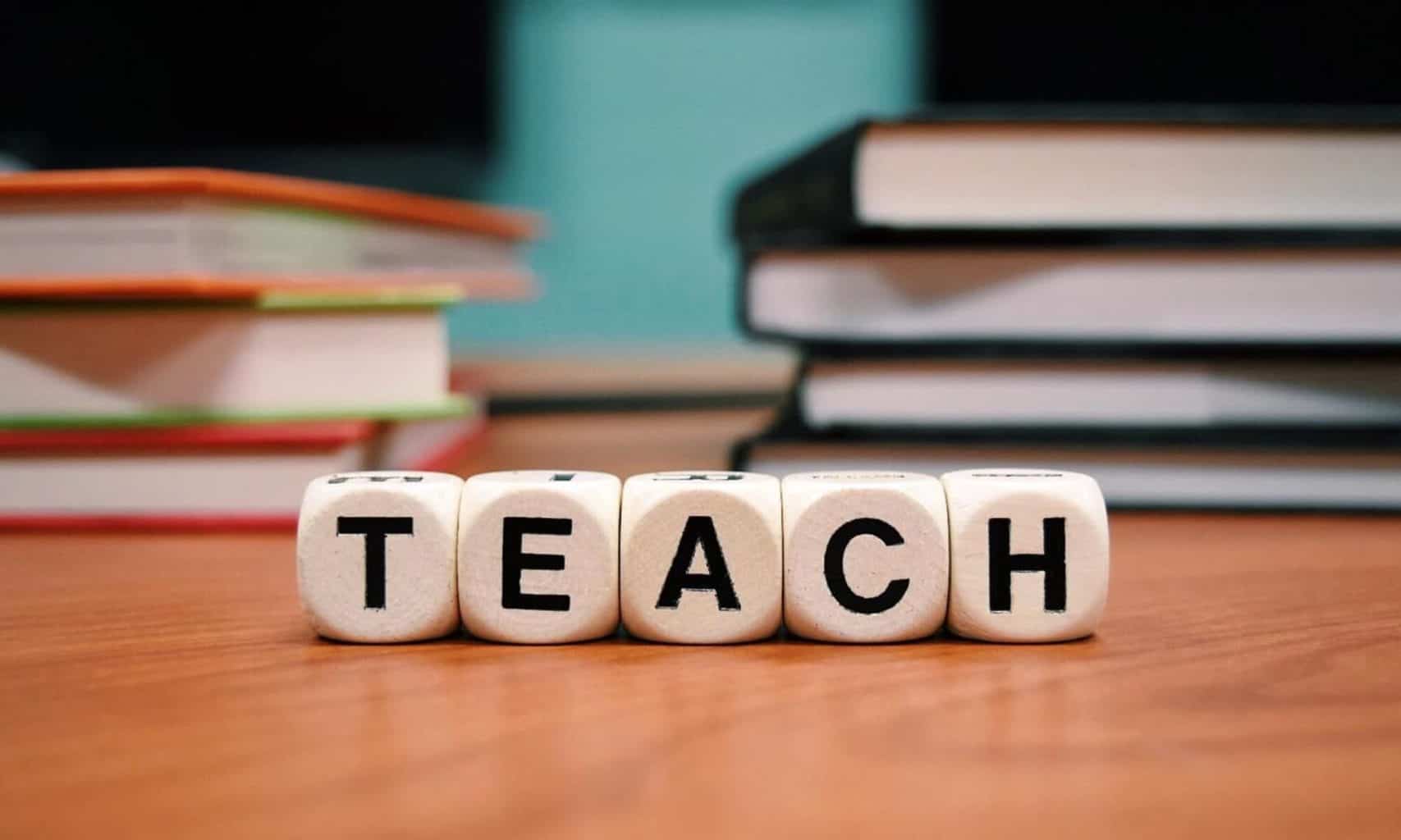I had a constructive experience in my high school US government class that I will never forget. Our class spent the bulk of our school year learning about the various moving parts and pieces of the US’ representative system of government. We were predominately working from a text book for most of the class, and were graded on quizzes, tests and essay responses if my memory serves me right. Towards the end of the school year, our teacher introduced us students to an exercise that was quite different from the learning sequences that we had been accustomed to.
The exercise was arranged so that our entire class was broken up into groups (3-4 students per group). There was a list of federally funded government agencies and students wrote their name down on a government agency they wanted to support (Department of Education, Depaertment of Transportation, Military, etc). One group of students was assigned to act as if they were president Obama. Groups of students that represented government agencies were provided with a list of priorities that they needed funding for. The ‘Obama’ group was given a finite amount of money to spend on the needs of the government agencies. The activity was then based on different ‘federal government agency’ groups reasoning with the ‘Obama’ group to provide them with funding for their program. In the end, there were few ‘federal government agency’ groups that were able to obtain enough funding to suffice for all of their demands.
The exercise proved to be a useful one in a few different ways. Through a lens of personal reasoning processes, students put pressure one another through discussion, with which they had to then rationalize and resolve issues. The activity demonstrated the complexities associated with governance, but also presented the importance of what it means to be an involved citizen.
While the exercise gave us students an opportunity to see some of the struggles associated with organizing federal funds, our teacher’s main use of the exercise was to persuade us to take a deeper look at where our personal values lie with regard to government. After the activity, I remember our teacher following up with a lecture that focused on the powerful capabilities that voting has in our democratic world. As a class we discussed why it is important to be a cognizant citizen, why it is important to vote at all levels (federal, state, municipal), and why it is important to form an opinion on current issues/politics.
While the activity may have been short lived and limited in its own nature, it had a lasting impact on me with regard to its elements of self-observation in a problem solving setting. We didn’t just learn about how the government works, we went the distance and were given an opportunity to make decisions based on our opinions and judgments of what we had learned. We were given the chance to think introspectively. We then got to see the impact of these decisions, and speculate how things could have gone differently if the circumstances were changed.
Photo by Clay Banks on Unsplash


I’m a big fan of activities such as the one your Government teacher did with y’all. A text book can only explain so much about a complex process as managing federal funds, sometimes you just have to role play to get a taste for what it is really like. More so than simple mock debates where students take on the role of historical figures, these kind of role playing activities allow students a certain degree of autonomy as to how they will go about representing their assumed values and ideas. I also like the follow up your teacher did with the lecture about the personal values one might hold with regard to how a government should operate, what it should stand for or against, and its values. It’s this type of critical thinking skills that helps to create the most engaged, informed, and active citizens.
Jacob, this is a great example of the lasting effects classroom activities can have on students! I’ve taken many classes that prioritize textbook learning, and (at least in my experience) these classes didn’t feel very impactful. I love the activity you shared because it shows how a change in teaching/learning strategies can improve student learning. I think the use of role play in the classroom is really important! In order to be successful in these types of activities, students need to be confident in their understanding of the material. It is easy for a teacher to see which students get it and which don’t.
Thanks for sharing!